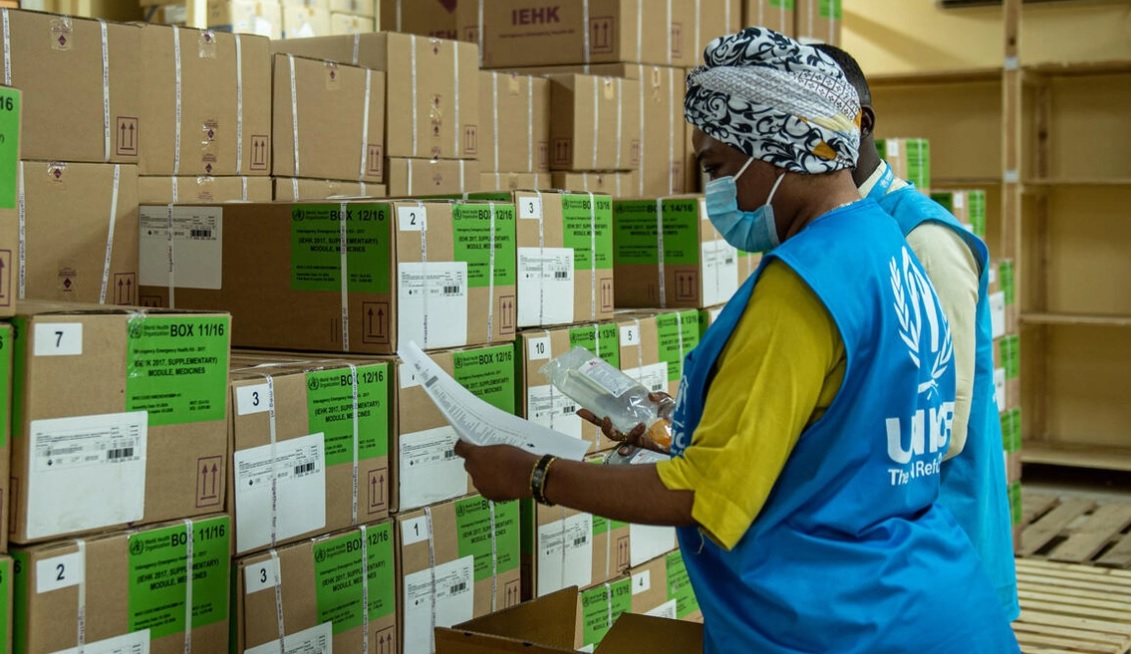
UNHCR: Cholera and Malaria Threaten Refugees Inside and Outside Sudan
moatinoun
Geneva - The United Nations High Commissioner for Refugees (UNHCR) warned today that a new wave of cholera in Sudan, the second outbreak since the war began 16 months ago, is threatening displaced communities across the country.
UNHCR expressed particular concern about the spread of the disease in areas hosting refugees, especially in the states of Kassala, Gedaref, and Al Jazirah, which also shelter thousands of displaced Sudanese who have sought safety from ongoing hostilities. The agency also raised alarms about the health and safety of Sudanese refugees who have fled the country along its borders.
The UNHCR called for the expansion of cholera treatment centers, the hiring of additional staff, the increase of intravenous fluids and medicine supplies, and the provision of funding. It noted that only 22% of the required 1.5 billion USD in funding for assistance in Sudans neighboring countries has been received, and that the joint interagency response within Sudan has only been funded at 37%.
The UNHCR also highlighted a rise in malaria cases in refugee sites in South Sudan and Chad, exacerbated by the start of the rainy season amid alarming rates of malnutrition, cases of measles, acute respiratory infections, severe watery diarrhea, and the risk of cholera outbreaks.
According to Sudans Ministry of Health, 119 confirmed cases of cholera have been reported in three refugee sites in Kassala State, with five refugees having died from the disease.
The resurgence of cholera was recently observed following several weeks of heavy rainfall and the resulting floods. The risks are further heightened by the ongoing conflict and dire humanitarian conditions, including overcrowding in camps and gathering sites for refugees and internally displaced Sudanese due to the war, as well as limited medical supplies and healthcare workers. Additionally, the health, water, sanitation, and hygiene infrastructure—already severely impacted by the war—remains overstretched.
In addition to the cholera outbreak, an increase in cases of waterborne diseases, including malaria and diarrhea, has also been reported.
UNHCR stated that restrictions on humanitarian access are hindering response efforts, with violence, insecurity, and continuous rainfall impeding the delivery of humanitarian aid.
The challenges in accessing White Nile, Darfur, and Kordofan States—home to more than 7.4 million Sudanese refugees and internally displaced persons—have delayed the delivery of vital medicines and relief supplies. However, UNHCR, in collaboration with the Ministry of Health, the World Health Organization, and partners, is intensifying efforts to prevent and respond to cholera by enhancing surveillance, early warning systems, and contact tracing, as well as providing support to improve local health services and conducting awareness campaigns on how to quickly detect and respond to potential disease outbreaks.
The UNHCR called for refugees to be included in national response plans. White Nile State currently hosts ten refugee camps.

